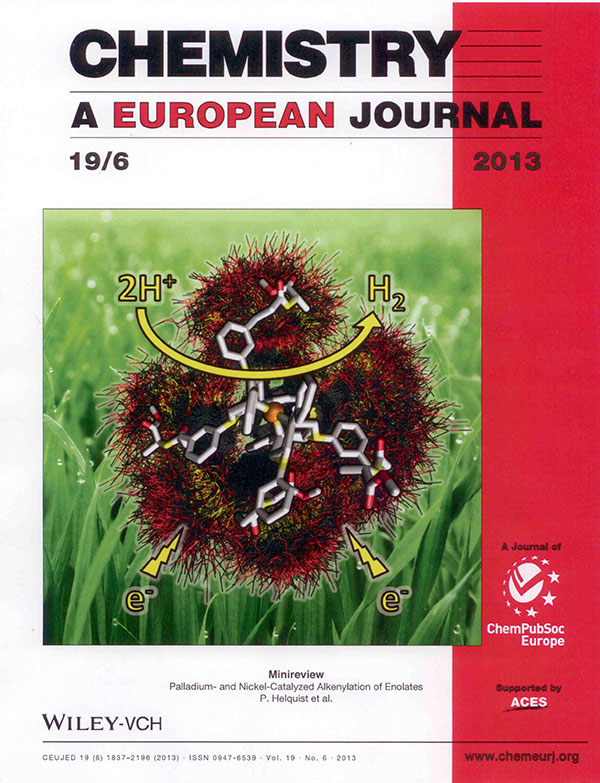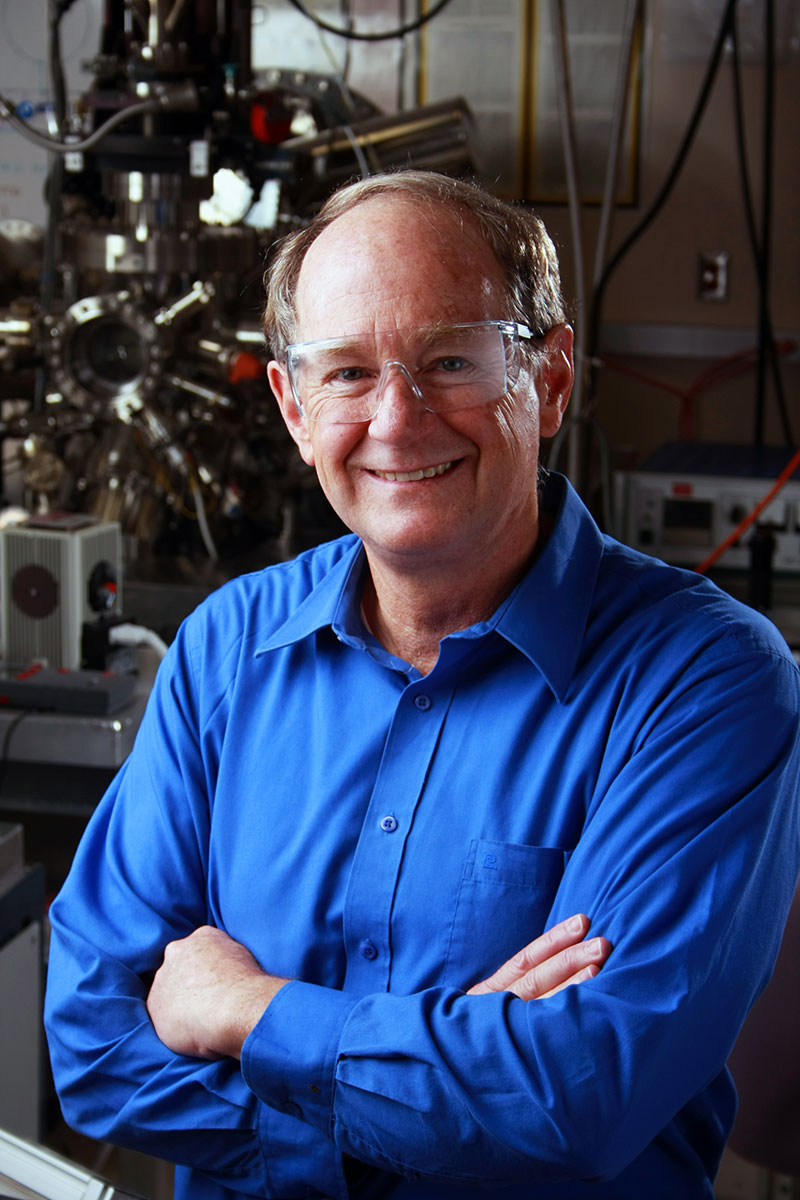Welcome to the Fundamental & Computational Sciences website.
I hope you take the opportunity to explore it and learn about the outstanding people, capabilities and scientific research at the Pacific Northwest National Laboratory.
—Doug Ray, Associate Lab Director
"We strive to make progress on today's important scientific challenges."
Research Highlights
Soot is Warming the Planet
Sunlight-absorbing black carbon emissions from human activities now #2 in climate warming
PNNL contributed to research that found black carbon, a.k.a. soot, is the second largest contributor to climate warming after carbon dioxide. The international team used a new method to identify the black carbon signature in atmospheric warming. Replacing inefficient cooking and heating stoves and engines that produce soot particles can immediately reduce climate warming.
Adding Natural Elements to Synthetic Catalysts Speeds Hydrogen Production
Scientists show how adding amino acids far from a catalyst's center can rev it up
By grafting features analogous to those in Mother
Nature's catalysts onto a synthetic catalyst, scientists at Pacific Northwest
National Laboratory created a hydrogen production catalyst that is 40% faster
than the unmodified catalyst. This study provides foundational information that
could, one day, help design and synthesize the catalysts for hydrogen
production for fuels, long-lasting electric car batteries, and energy storage
from solar and wind farms.
Lanthanum Chromium Oxide's Energetic Dance with Light
Experimental measurements and modeling resolve two decades of debate
Scientists at Pacific Northwest National Laboratory,
University College London, and Florida International University have determined
how lanthanum chromium oxide interacts with visible and ultraviolet light. The absorption of light by certain kinds of
materials results in conversion of light energy into electrical energy. Such
energy conversions, when applied to sunlight, are essential to a safe, secure,
and environmentally friendly energy future.
PNNL Computer Scientists Receive INCITE Awards
Darren Kerbyson and Sriram Krishnamoorthy, computer scientists at the Department of Energy's Pacific Northwest National Laboratory, are members of project teams that have been awarded time on leadership class computing systems. The allotments were awarded through INCITE, a DOE Office of Science program that allocates time on the agency's leadership-class systems to enable high-impact, grand-challenge research that could not otherwise be performed.




